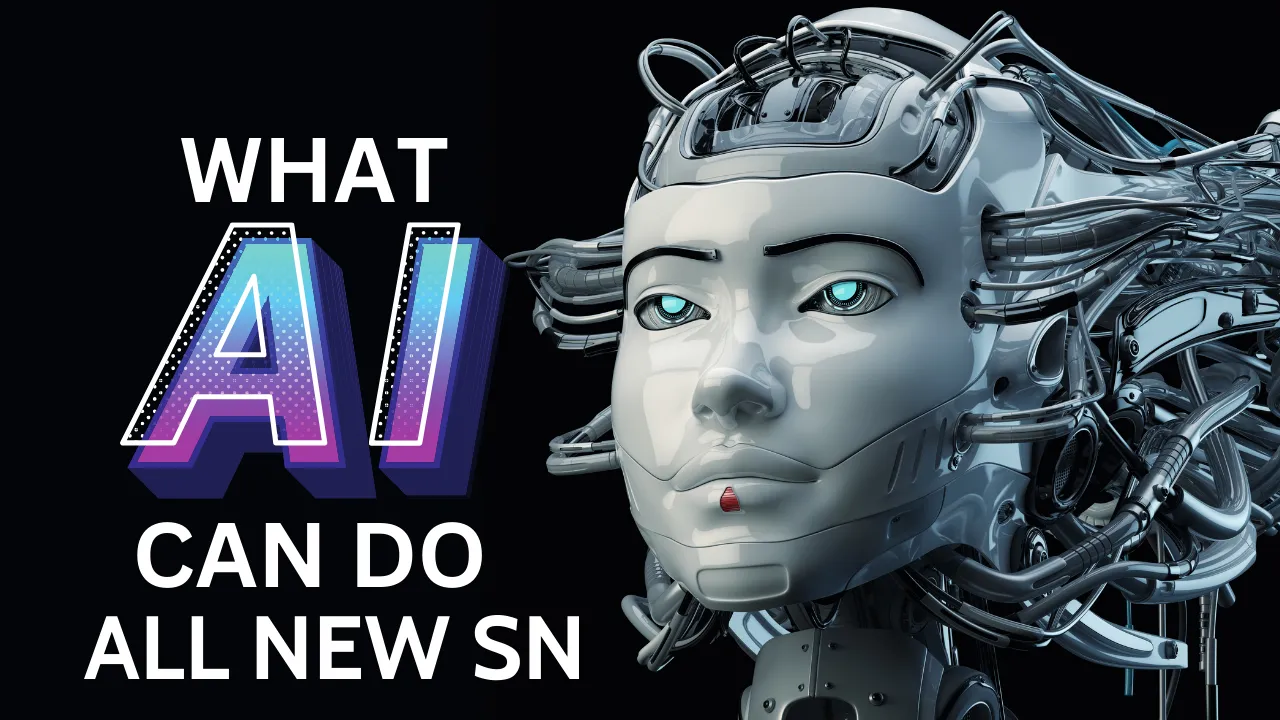In the face of declining electronics demand, Best Buy is making strategic adjustments to its workforce as part of a broader effort to navigate the shifting retail landscape. The electronics retail giant recently announced layoffs affecting approximately 700 employees, or about 0.7% of its workforce. This decision underscores the challenges Best Buy faces as it adapts to post-pandemic consumer behavior and seeks to maintain its competitive edge in a rapidly evolving market.
The COVID-19 pandemic initially boosted sales for Best Buy, as consumers invested heavily in home office setups, entertainment systems, and other electronics to accommodate remote work and leisure. However, as the pandemic subsided, this surge in demand tapered off. For the third quarter ending in October 2023, Best Buy reported net earnings of $277 million, a significant drop from $499 million during the same period the previous year. This decline reflects a broader trend in the electronics retail sector, where the demand for new devices has softened considerably.
To address these challenges, Best Buy is restructuring its workforce to align better with current market conditions and future strategic goals. The layoffs primarily affect employees in the Geek Squad and customer support roles, as the company integrates more AI-driven solutions to enhance operational efficiency and customer service. This move is part of a larger strategy to leverage technology in improving customer interactions and streamlining operations.

Brian Tilzer, Best Buy's Chief Digital Analytics and Technology Officer, highlighted the company's commitment to using AI to deliver more personalized customer experiences. The integration of AI-based technology, developed in partnership with Google and Accenture, aims to make customer support more efficient and responsive, reducing the need for a large workforce in these areas.
CEO Corie Barry acknowledged the difficult decisions involved in the layoffs but emphasized that they are necessary for Best Buy to remain agile and competitive. In a statement following the company’s third-quarter earnings release, Barry said the focus is on balancing immediate responses to current market conditions while advancing strategic initiatives that are crucial for long-term growth. This includes investing in areas such as e-commerce, which has seen a significant uptick in consumer preference.
Despite the challenges, Best Buy has managed to maintain a modest gain in market share within the electronics retail sector. According to Neil Saunders, Managing Director of GlobalData, Best Buy is in a relatively strong long-term position despite the current sales slump. The company’s ability to adapt to changing consumer preferences and its strategic investments in technology and e-commerce are expected to position it well for future growth.
Best Buy's recent layoffs are a clear indication of the company's proactive approach to managing the downturn in electronics demand. By restructuring its workforce and integrating advanced AI solutions, Best Buy aims to enhance its operational efficiency and customer service, ensuring it remains competitive in a challenging retail environment. While the decision to lay off employees is undoubtedly difficult, it reflects a strategic effort to balance short-term challenges with long-term growth objectives, positioning Best Buy for continued success in the evolving market.


-1717408506-q80.webp)
